Where can I find out about upcoming events?
Events occur on the first Sunday of every month in partnership with our partners AUSMAP, Eco Adventure Crew, and Pittwater Eco Adventures, and offer both land and ocean activities.
To keep up to date with event announcements, make sure you’re following us on Facebook and Instagram.
What can I expect at a Strawkle event?
Strawkles usually kick off at 9 am. The event begins with a short briefing and a 45 minute Strawkle. We then pour what we’ve found out on a tarp, count and tally the debris we find. While we focus on the straws we log all rubbish we collect in the Tangaroa Blue Marine Debris Database.
Do I need to be able to swim?
We welcome everyone* at Strawkles, however, everyone who participates in an event does so at their own risk. You should be confident and comfortable in the water if you join us, as we do not provide supervision, equipment or snorkelling instructions.
*Community members under the age of 16 must be accompanied by an adult.
What do I need to bring to a Strawkle?
You will need to bring your own snorkel, mask, and fins. In winter, we highly recommend bringing a wetsuit if you've got one. If you don't have your own equipment or wetsuit, our friends at Dive Center Manly offer discounts on gear for those that take part in Operation Straw.

“If all we do is clean up,
that’s all we will ever do”
Heidi Tait, Tangaroa Blue Founder
Why do we count the rubbish?
Don’t get us wrong - collecting and disposing of rubbish is great. But if we don’t know what we’re pulling out of the ocean, we can’t begin to reduce it. By showing people just how many straws were ending up in a tiny patch of ocean at Manly Cove, we were able to get businesses to reduce or ditch straws entirely.
Operation Straw logs the amount and kind of debris we find as part of the Tangaroa Blue Australia Marine Database Initiative. This means that once everyone is out of the water at our events, we need you to help organise and count the different kinds of rubbish we find so they can be uploaded to the AMDI portal.
The Database was created as a way for organizations to share the details of what they find on clean-ups in a standardised and consistent way. Since 2004, more than 15 million pieces of data have been punched into the database!

